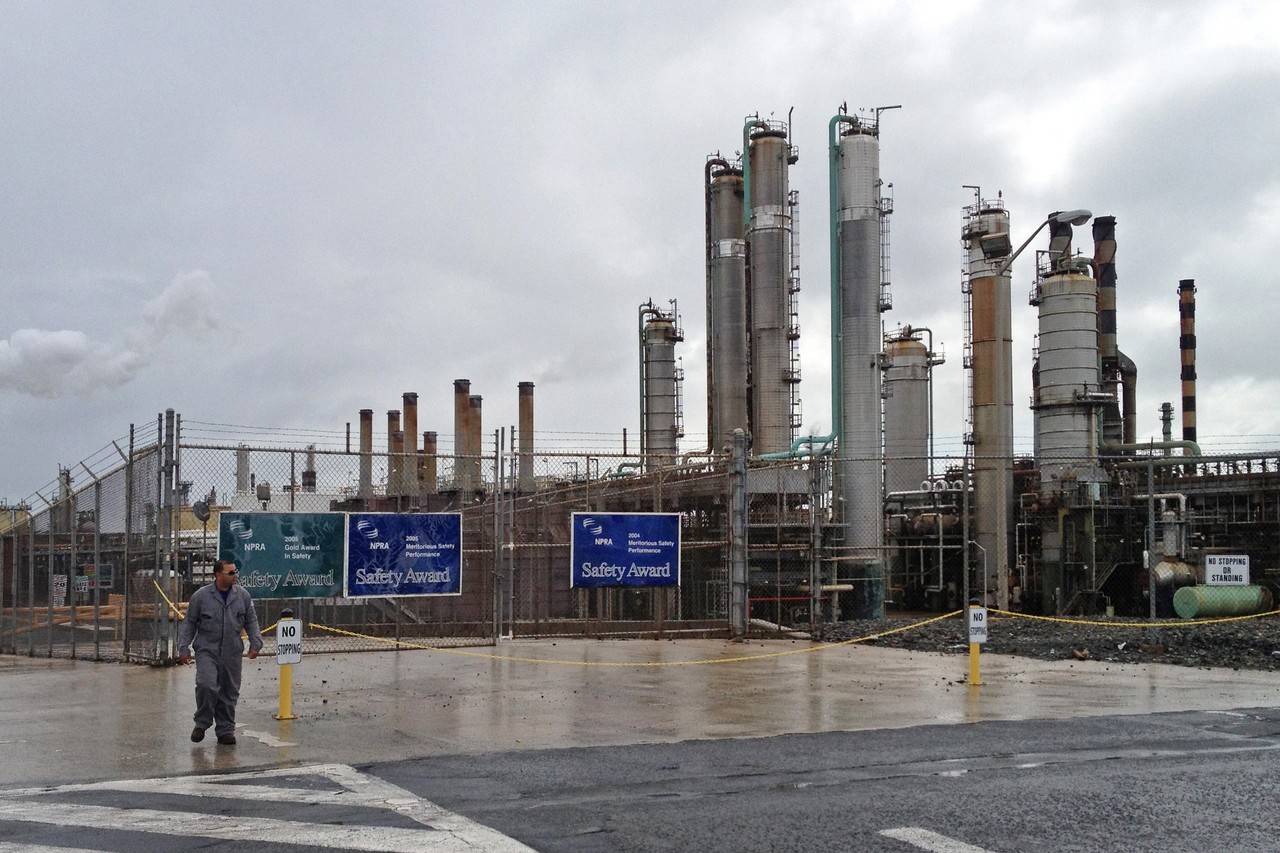The Environmental Protection Agency announced on Thursday that a troubled oil refinery in the US Virgin Islands will need a new Clean Air Act permit, which could cost its owners hundreds of millions of dollars and take three years or more to obtain.
The idled St. Croix refinery, once the largest in the Western Hemisphere, was supposed to increase overall supply in the Caribbean, a key transit point for petroleum shipments, but it was shut down after only a few months of operation.
After a series of chemical releases into the environment sickened nearby residents, the EPA shut down the refinery, formerly known as Limetree Bay, in May 2021.
Following the bankruptcy of its former private equity owners, the refinery got a new owner for $62 million. West Indies Petroleum and Port Hamilton Refining and Transportation bought it in December 2021.
New equipment is a must
According to the EPA, the plant owners intend to restart the facility but have allowed it to deteriorate. According to the agency, equipment corrosion poses a risk of fire, explosion, or other “catastrophic” releases of hazardous substances.
The inspection was prompted by a two-week-long fire in the petroleum coke conveyor loading system in August 2022.
According to the EPA, the new Prevention of Significant Deterioration (PSD) permit would necessitate detailed air-quality analyses and the use of the best available air pollution control technology.
A PSD permit restricts emissions to levels that would result from the best available air pollution control technology, which the EPA stated would likely result in significant reductions of nitrogen oxides and volatile organic chemicals, as well as sulfur dioxide, hydrogen sulfide, carbon monoxide, and particulate matter at the facility.
A Clean Air Act permit fulfilling the conditions
According to the EPA, the company could install a low NOx burner, sulfur recovery units or scrubbers, and carbon monoxide catalysts. The owners may also want to think about using low-sulfur fuel oil and better combustion practices.
According to the DOJ, the new owners must also negotiate a new consent decree with the agency and operate a flare gas recovery system.
The refinery violated the Clean Air Act permit by increasing emissions without first obtaining pre-construction permits. It did not install the required pollution control equipment. An earlier owner, Hovensa, had to spend $700 million on pollution control equipment, among other obligations.
Hovensa declared bankruptcy and closed the plant the following year; Limetree Bay Ventures later purchased the refinery in December 2015.

